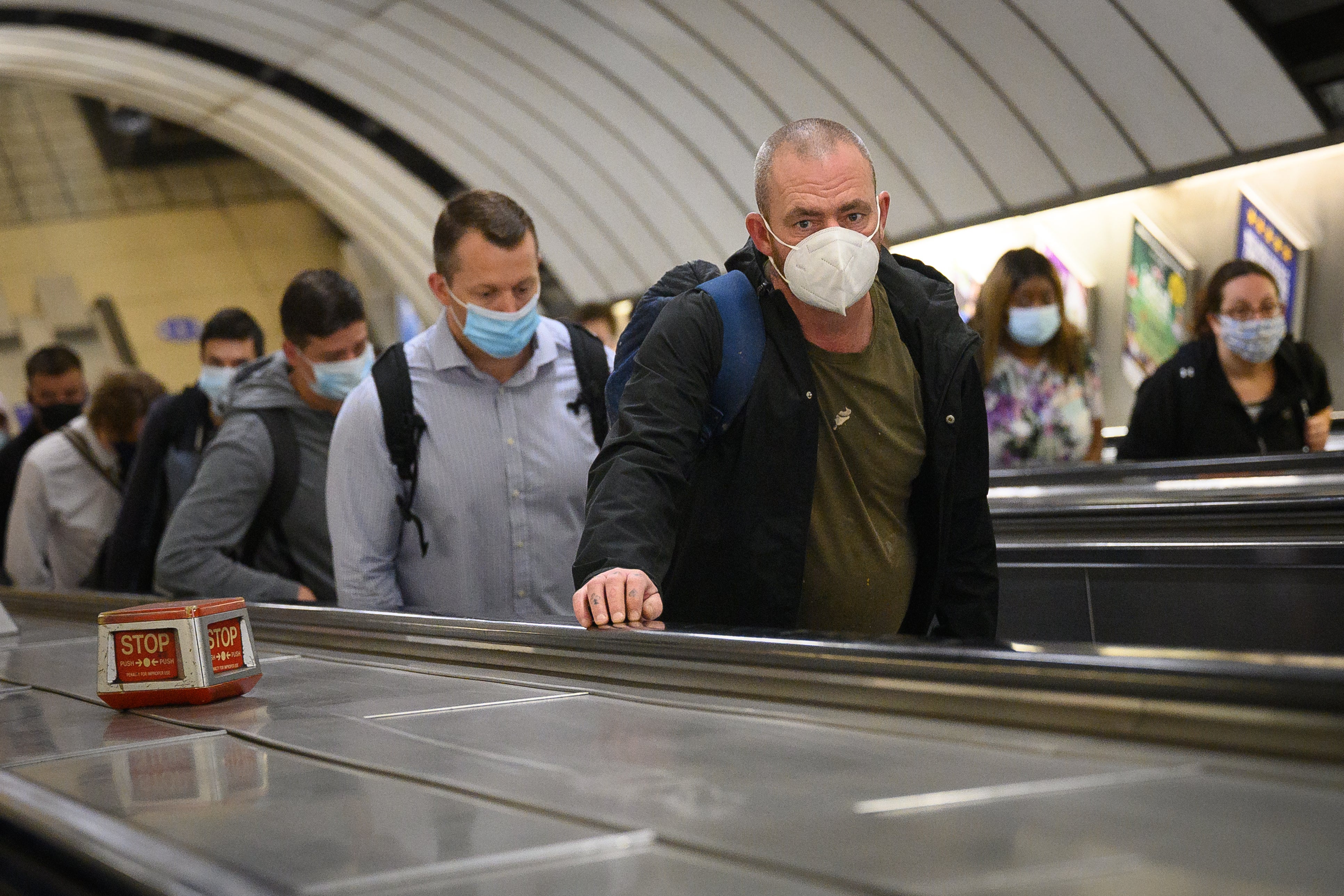Covid-19 no longer a global health emergency, WHO declares
It doesn’t mean Covid is over, warns Tedros Adhanom Ghebreyesus


Covid-19 no longer represents a global emergency, the World Health Organisation (WHO) declared on Friday. The announcement represents a symbolic step towards the end of a pandemic that has taken more than 6.9 million lives and disrupted billions of others.
It comes more than three years after the WHO raised the alert level to its highest, on 30 January 2020.
Lowering it demonstrates the extent of international progress on vaccines and treatments, but Covid-19 is here to stay, the organisation warned.
“Yesterday, the emergency committee met for the 15th time and recommended to me that I declare an end to the public health emergency of international concern. I’ve accepted that advice. It’s therefore with great hope that I declare Covid-19 over as a global health emergency,” said WHO director general Tedros Adhanom Ghebreyesus.
The death rate has slowed from a peak of more than 100,000 per week in January 2021 to just over 3,500 in the week to 24 April, according to WHO data.
“However, that does not mean Covid-19 is over as a global health threat,” said Mr Ghebreyesus, adding that thousands of people are still dying from the virus every week.
The WHO does not declare the beginning or end of pandemics, although it did start using that term in relation to Covid in March 2020.
When the UN health agency first declared the coronavirus to be an international crisis in January 2020, it had not yet been named Covid, and there were no major outbreaks beyond China.

More than three years later, there have been an estimated 764 million cases of the virus globally, and around 5 billion people have received at least one dose of a vaccine.
In the US, the public health emergency declared in respect of Covid is set to expire on 11 May, when wide-ranging measures to support the pandemic response, including vaccine mandates, will end.
Many other countries, including the UK, Germany and France, dropped many of their precautions against the pandemic last year.
Most recently, the WHO has been struggling to investigate the origins of the coronavirus, a challenging scientific endeavour that has also become politically fraught.
After a weeks-long visit to China, the WHO released a report in 2021 concluding that Covid was most likely to have jumped to humans from animals, dismissing the possibility that it originated in a lab as “extremely unlikely”.
But the UN agency backtracked the following year, saying that “key pieces of data” were still missing and that it was premature to rule out the suggestion that the virus might have originated in a laboratory.
A panel commissioned by the WHO to review its performance criticised China and other countries for not moving more quickly to stop the virus, and said the organisation was constrained by both its limited finances and its inability to compel countries to act.
With additional reporting from the Associated Press
Join our commenting forum
Join thought-provoking conversations, follow other Independent readers and see their replies
Comments


Bookmark popover
Removed from bookmarks